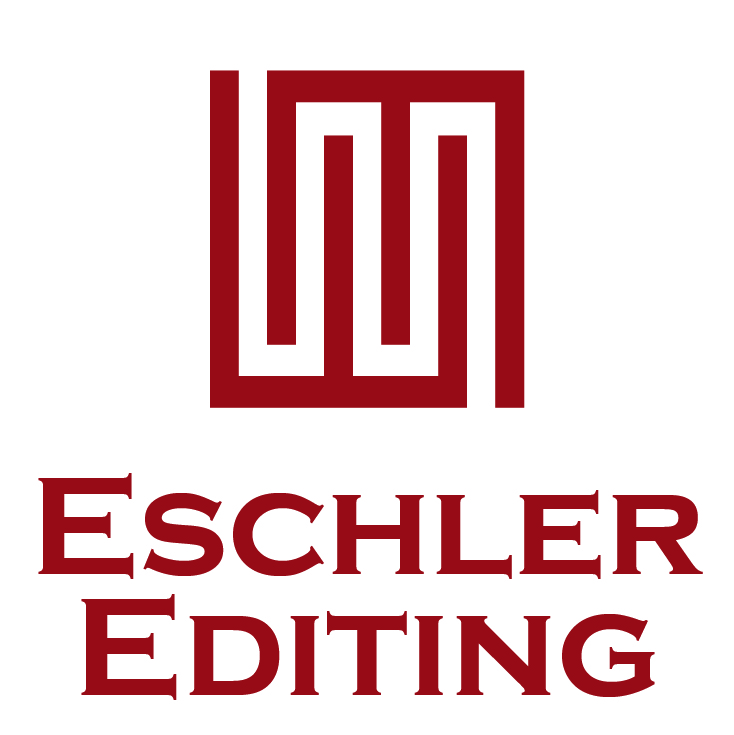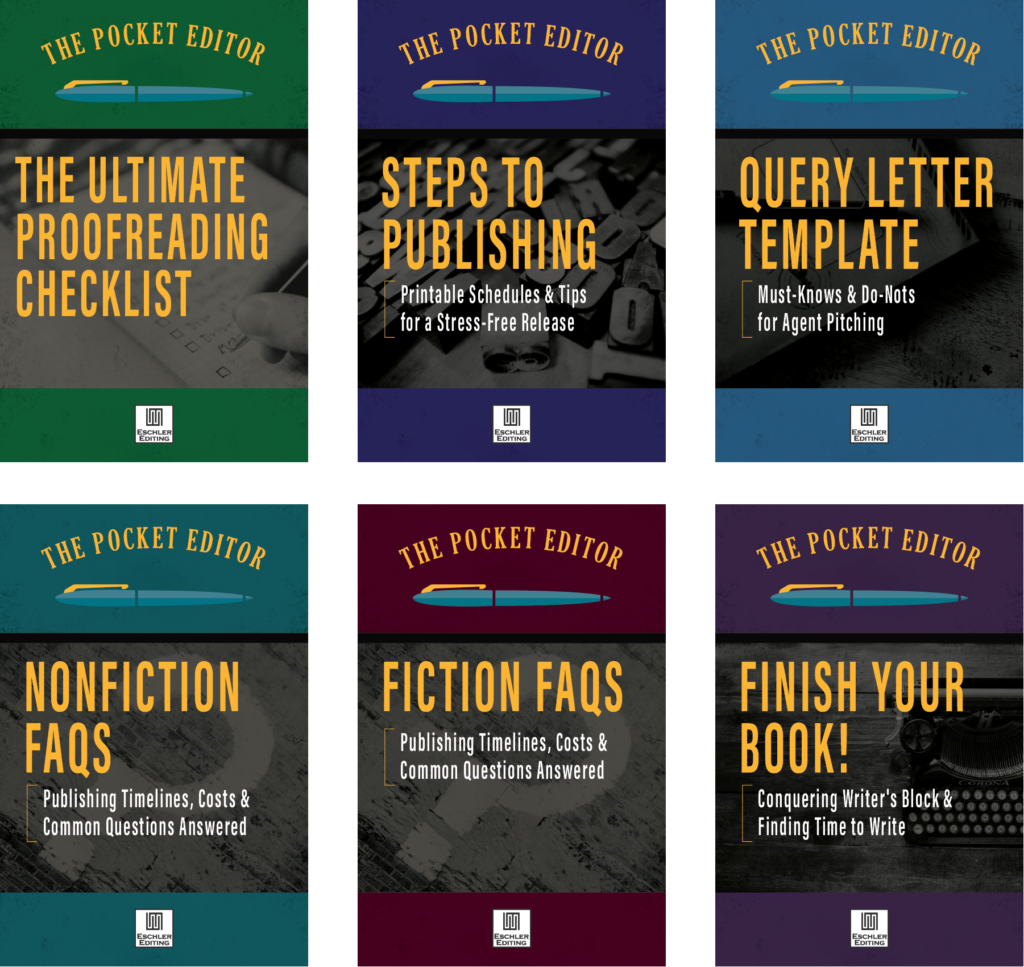by Heather B. Moore
Months ago, when I was strategizing my marketing campaign around becoming a U.S.A Today best-selling author, I knew that anything I could pay for to promote my book, I could do myself. The question became time versus money spent. In the end, I decided to learn the ropes myself so I could replicate my efforts for future campaigns. It took a lot of time, but it resulted in reaching my goal!
If you’re willing to invest your time into marketing, or your discretionary funds are very low, then learning the marketing ropes will also benefit you. Yes, you can also hire someone to do the work, but always ask yourself this question first: what is your ROI (Return on Investment)?
Most authors don’t sell enough books to completely pay back their marketing dollars spent. This is particularly true if you only have one book out. The reason is because even if someone buys your book, loves it, and reviews it—then what? There’s no second book for them to buy. It’s hard to capitalize on a fan base when you only have one thing to sell them.
But if you have more than one book published, and you are smart about marketing, you will likely start to see residual effects with your earlier books over time. At some point in your career, hiring someone might, indeed, pay off. But my advice would be to not spend a lot on marketing when you only have one book published (unless you have a business platform in place that your book is supporting and you know you’ll reach a larger audience based on past marketing experience).
Now, of course you still need to market that first book or the ball will never get rolling. So, while you’re building your product line, check out these top DIY promotion picks. Some of the items below (1-3, 7-8, 10) can be done by YOU only if you are indie publishing; otherwise they’ll be done by your traditional publisher (be prepared to help them on all steps; in fact, you may need to offer to pay for some of the promotion sites if they’ll agree to temporarily discount your book).
- Book Description & Marketing Pitch: The book description should be short and entice the reader to buy your book above the others she is looking at. Your book description IS your marketing pitch. The description also becomes a searchable entity on Amazon.
- Categorizing & Metadata: E-book platforms such as Amazon allow you to choose categories and keywords. See my previous blog post about this. There are great marketing books that will take you through this process step by step. You want to categorize your book properly, as well as select keywords that can get you onto Top 100 best-seller category lists.
- Back of Your Book: At the back of your e-book, include an invitation to your readers to review your book as well as sign up for your newsletter. Some authors will offer an incentive, such as a free novella, if the reader will sign up for her newsletter. This allows you to direct-market to your readers through an emailed newsletter. (You can set up a free newsletter service on your blog/website through many providers.)
- Newsletter: Collect names/emails when you are presenting at a writers conference, speaking to a book club, or through social media requests. An author newsletter sent out periodically is considered direct marketing, and is one of the more effective ways of letting truly interested readers know that you have a new book release.
- Review Team: When someone agrees to review your book (or if you find, online, that they’ve given you a good review), ask them if they’d like to be on your review team and be sent a free copy of your next book in exchange for an honest review. Whenever I’ve had a fan email me that they like one of my books, I ask if they are interested in joining my review team. I’ve never been turned down. (You can set a “Google alert” for your name and the name of your book in order to receive notice of when something relating to those terms has popped up online; this will help you see who’s voluntarily reviewing your book.)
- Street Team: Some authors will put together a street team, which consists of a group of people who help you market (mostly on social media). For example, when you have a new book release, your street team will post the announcement to Facebook, Twitter, etc. and do “shout-outs” so that the word gets out. Authors will offer prizes or incentives to award their street team for their help. (You can ask fans, reviewers, family, friends, etc., to be on this team, though you don’t want to ask too many other authors since they’ll be busy with their own campaigns.)
- Submitting to Media Reviewers and Author Review Services: Submitting to media reviewers doesn’t cost anything, but you will have to do your research to find the right fit. Some newspapers only review certain genres. Author review services are paid services, and depending on the number of reviews they guarantee, will determine the cost for the service. At the high end, review services such as Kirkus charge around $425 for a review.
- Pricing Strategies: Changing your price on your e-book can give you something to announce to your readers. It’s harder to get your price changed through a traditional publisher, but many of them are willing to do it for a short-term. I’d recommend only doing short-term price drops, then go back to your regular price (so you generate interest, and when buyers come back for more, they are paying the regular price; which is another reason to have more than one offering out). The highest selling price points on Amazon and other ebook retailers are $2.99, $3.99, or $4.99. This means that more volume moves at these price points than any other. You might need to experiment with the price of your e-book to see what price will sell the most books.
FYI: Pros & cons of discounting your book
Pros of discounting mean that you can promote the lower price to your readers, more readers are likely to take a “risk” on your book and, in return, you’re more likely to get more reviews of your book. (In addition to, or in exchange for, discounted books, many authors will have one free ebook or novella/short story to drive readers to their regular-priced books.) Cons of discounting your book is that some readers will assume it’s “self-published” unless the discount is only temporary (while self-publishing has gone pro, there’s still a stigma attached to less-than-professionally produced books, which are generally sold for cheap), and you are competing with many other similar products, which makes it hard to stand out. Last, the royalty percentage is a lot lower ($0.35 on a $0.99 book).
- Facebook Advertising: Facebook has an Ad Manager that allows you to select your target market, the $ spent per/day, and track your click rates. Anything over $0.25/click would be a waste, so you want to learn how to structure your images/text for the best ROI. Ad Manager is not “boosting” your posts. There are several online tutorials on how to do make Facebook advertising work for your book. Mark Dawson has a great tutorial on his website.
- Scheduling Promos for Your Temporary Sale: Don’t discount on a whim, but make it a part of a promotion strategy. Weeks in advance of your price drop, you need to apply to various e-book promo sites. (Important to note: I would never pay for any advertising until I have at least 25 reviews on my book.) My most recommended promotion sites are:
- BookBub (expensive, but ROI is great)
- KindleNationDaily (can be expensive, but ROI is great)
- EreaderNewsToday (moderately priced, ROI is great)
- CraveBooks
- Book Funnel
The list of which promos I used to hit the USA Today Bestsellers list with a self-published box set are on my blog or in my e-book marketing book.
The following e-book promotion sites are all under $30. You can see a more comprehensive list in my marketing book: Ebook Marketing 101.
UNDER $30 PROMOTION SITES
Check to make sure your book fits their requirements before submitting. Sites with * are automatically submitted by ebookbooster when you sign up for their promotion.
*Awesome Gang $10
eBooks Habit $10 (For guaranteed placement)
eBook Soda $29 (additional $9 promo options for Twitter and Facebook)
Free and Discount Books $12 (Prices based on book price)
Free Books Hub $10
Free Kindle Giveaway $10 (Bronze Sponsorship)
The Fussy Librarian $13 (Prices based on genre)
Good Kindles $25
My Book Cave $5
The Kindle Book Review $10 (For Social Media Blast)
Reading Deals $29 (To guarantee submission)
Choosy Bookworm ($29, but on sale as of 2023 for $14.50)
Books Habit (as of 2023, pricing and admissions is coming soon). They their sister site Book Tweeters for Twitter has a promo of $11+
Wrap-up
Remember, whatever promotion you’re doing, you need to ask yourself about potential ROI. In most cases, you will need to spend a little money/time on tasks like the above for every book, but you don’t need to break the bank or give away the farm running your promotions/giveaways. Once you have several books in place, then consider a little more aggressive promotion. And the final tip? Keep writing!
Time for comments! Any tips to add to Heather’s?






Heather, I’ve been doing indie publishing for a few years now, and I like & agree with many of the points you make, but I also see some potential challenges for inexperienced marketers.
First of all, I think most authors never really make it past numbers 1 & 2. It’s kind of like the SEO trap that a lot of websites are in these days. Organic traffic is important and great to have, but it’s also very limiting. I like that you talked about building mailing lists, and you offered a couple good suggestions for that. Growing your own mailing list can means having full control of your followers/fans. Great advice there!
I’m becoming less and less a fan of Bookbub, because it’s just an expensive means of getting a tiny boost really. I’ve had experience using them several times in the past, and in spite of their growing subscriber lists, their conversion rate actually went down for me. I’d say don’t waste your time and money there, and work on building your own subscriber list. This goes for most of the other paid promotion services out there, and I speak from experience, having spent thousands of dollars on various paid promotions. I don’t use them anymore because I’ve found their conversion rates are usually pretty poor.
The other comment I’ll make is about Facebook ads. As one who’s been using Facebook ads for several years now, I’m not quick to suggest it as a good option for newbies. Yes, you can find free tutorials and guides on how to set up ads, but there’s a lot more to it than just knowing how to create an ad. You need to know who to target and where to send them, and that’s typically not the stuff you’ll find much detail on in the ‘free info’ space. Also, cost per click is only a small part of the equation. If you’re growing your own mailing list that you can market to over and over again, wouldn’t it be worth spending over $0.25/click? So I would caution anyone wanting to try Facebook ads without prior experience. It’s a good way to burn through a lot of money with zero ROI if you’re not careful.
As I said in the beginning, I think a lot of the info you shared here is good basics that authors need to be doing. Just be very careful when it comes to spending money on promotion of any kind. Know as much as you possibly can before you jump.
Thanks for your comments, Ron. It’s true that any “hot advertising” will eventually cool off, and that goes for BookBub as well. Yet, BookBub continues to be the top-rated and top-producing ebook advertising package out there. Just like all e-book sales in 2015, your sales will be less than 2014. I was still selling about 2500 with a BookBub ad in 2015, versus about 3500 in 2014. So the ROI is still very very high, and I’ve always made my money back, and my boosts have taken me into the top 200 overall Amazon which also pushes my author rank into the Top 10 in certain categories, and that’s always a nice thing to add to your product description. But then there are always other factors to consider as far as having a great cover and a high # of reviews so that your paid advertising will have the best ROI possible. I did noticed that the last BookBub I did, followed by an KND ad, the KND promo only sold about 400 in addition to BookBub, so that tells me that they now have many of the same subscribers, and doing both isn’t a necessity. FB advertising is gaining momentum, and some of my author friends have been extremely successful, pushing them into very high ranks in the US and the UK (Top 1000 over all). All of the tutorials out there will walk you through choosing your target market as well. You can continually manipulate your parameters, and sometimes by just changing the age group, or going all male, or all female, you’ll see a jump in results. I used the 0.25 marker as a good gauge in FB advertising, and you can set a daily limit of maybe $5.00/day, and then watch when the peaks are. Maybe you just turn it on for the weekends, and turn it off during the week. There are other things you can do as well with FB advertising such as gain newsletter subscribers–although I haven’t tried yet. I’d also encourage anyone who has only one book out to hold off on “paid marketing” until you have at least 2 books out and a lot of reviews (minimum 25 reviews on a book). The marketing competition is fierce as well.
This is gold, Heather. Thanks. I just wanted to add something for newer authors. When you discount your book, particularly on Amazon, you probably won’t make a whole lot of money DURING the promotion. Sure, you’re getting more sales, but the lower royalty percentage makes it hard to earn much. The point when your book can earn big is right AFTER your promotion. More sales equals more visibility, which means more readers can see your book. This is an important point to understand. If you have a five-day promotion and throw all your advertising into the first day, your book will spike and then plummet, even at the lower price. If you space out your promotions so they’re consistently high all five days, your book will remain high in the rankings, but it will also hold your visibility for longer after the promotion is over. That means more sales at a higher price. One last thing: Heather is absolutely right about how powerful newsletters can be. I’ve found that they can be very effective for author co-ops. By that I mean authors combining forces by discounting their books and creating a group email for each author to send out to their list. Not only does it result in more sales, but it gets readers excited about opening future emails, knowing great deals await–and even better, it’s a great way to hand-pick your “Also-Boughts.” This is a feed on your book’s Amazon page that shows customers what others who’ve read your book have purchased. If you do it right, your book can end up on dozens of top-selling “Also-Bought” feeds.
This is solid advice. This will now be the post that I refer authors to. Thanks!
Excellent advice, Heather! I think you are a genius in marketing and I’d love to plug your brain into my computer and make it run for a few days. 🙂
YES! Finally all of Heather’s great marketing advice in one spot. Thank you!
Hi Heather,
Wow, what a well thought out post. You write so intelligently. It’s a nice, refreshing change from the overly hyped style of shallow writing which seems to be oh so popular these days.
I have a couple of questions, if you’d be so kind –
1. What do you think of free promotion sites? I like your focus on affordable sites, as I’m a believer in ‘you get what you pay for’, but what about the sites which cost nothing? There’s a list of book promotion sites here – https://kindlepreneur.com/list-sites-promote-free-amazon-books/ – which has a ton of free sites, would you vouch for any of these, or do you think it’s always worth spending that little bit of money to get a better quality result?
2. What’s your opinion of advertising on Amazon’s own platform? I see that you mention FB ads, and I agree that Mark Dawson is the champion when it comes to those. Lately, I’ve seen a lot of my author pals stating that they are having some success by using Amazon’s own platform. I guess it’s a great way to get your book in front of definite buyers, what do you think?
Thanks so much for the useful post, I’m definitely going to refer back to this at the time of my next launch.
Warm wishes and best regards.
Good questions, but there’s not a quick answer to them. You need to join the “Bookbub Promotions and More” group on Facebook. These types of questions are continually discussed and the information updated.